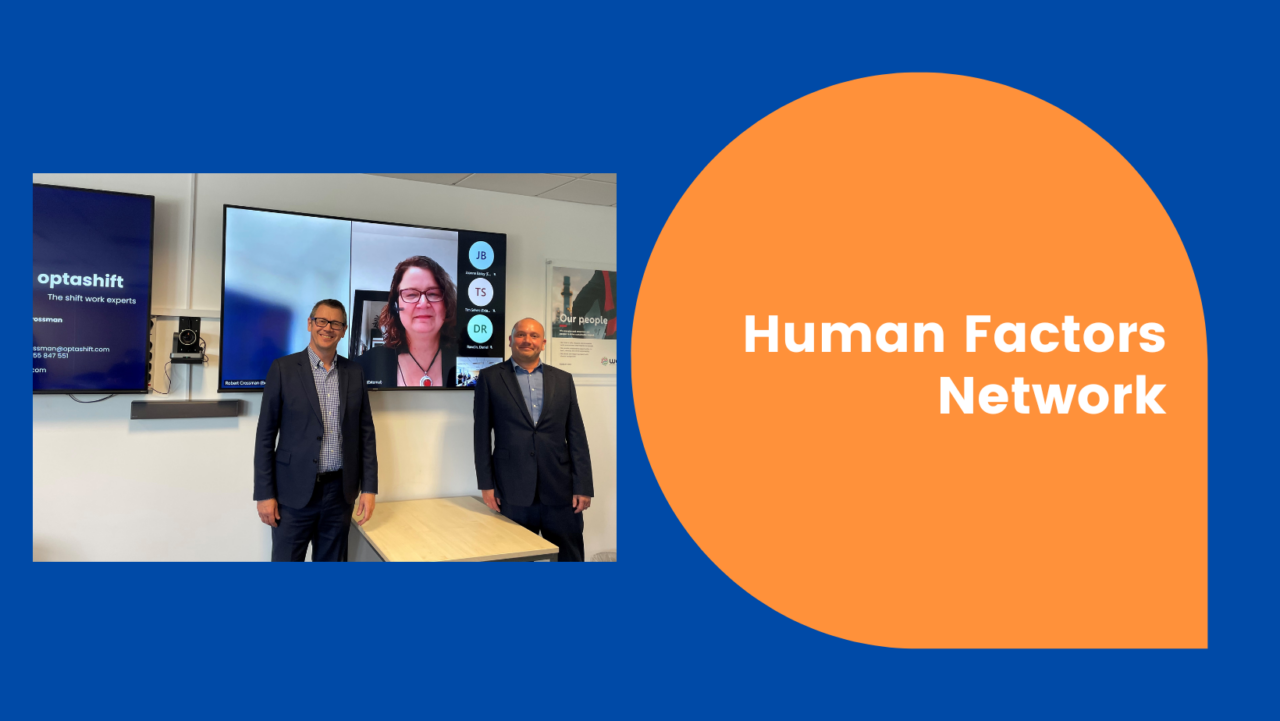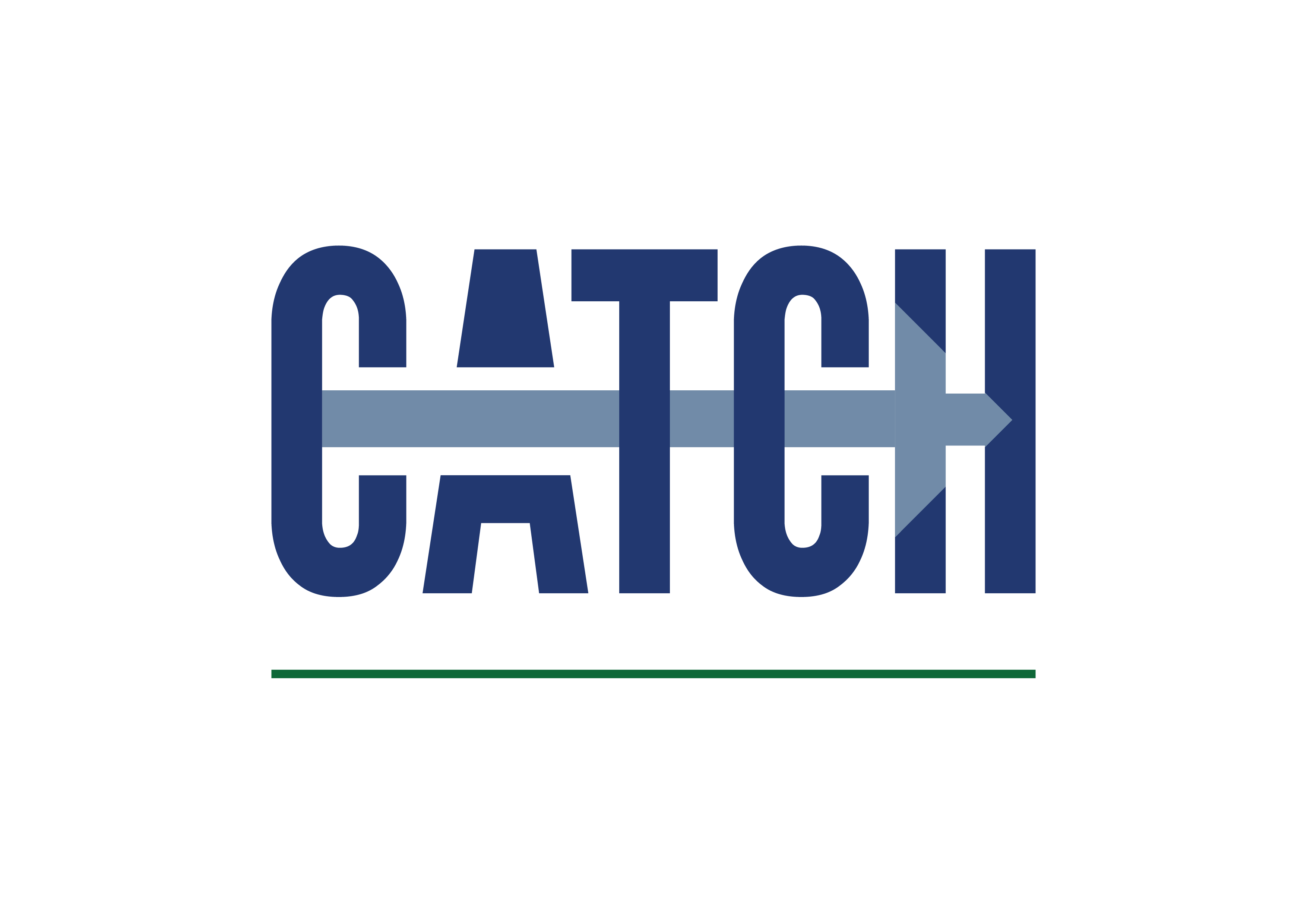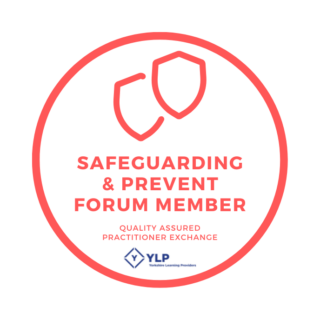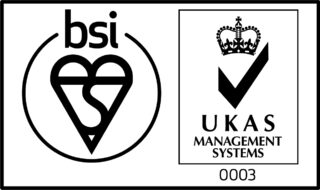Human Factors Network on 19 Jun – Write up

CATCH held their Human Factors Network on 19 June. The focus for the session was Shift Management with Julie Bell from Human Factors Expertise Ltd and Rob Crossman and James Lloyd Davies from Optashift. Chris Marron from Yara chaired the meeting which was attended by 25 delegates online and in person.
Adam Goodman from P66 kicked off the session with a Human Factors safety moment on safety critical communication.
Rob highlighted why shift work matters, it is critical to business performance, cuting across most departments and can be subject to changing external factors. Julie explored the legal duty of employers to manage risks posed by shift working arrangements and the impact of fatigue on shift working and overtime. James, Rob and Julie reviewed the 5 areas of focus underpinned by guidance on Human Factors and how active controls can be established to manage fatigue and avoid ‘overtime heroes’. The five areas are:
- Assessment
- Policy
- Solutions
- Monitoring
- Guidance
Rob described a range of design options for shift patterns and how these work in different environments and the impact of hourly patterns on fatigue. James gave examples of different tracking/monitoring systems including wearable monitors to help manage shiftwork and overtime hours, less passive systems are being deployed alongside actions such as encouraging workers to look after each other too. ESG (environmental & social governance) aspects are becoming increasingly important to ensure the experience of staff on shifts matches business ESG stated ambitions.
Julie, Rob & James took questions and comments from the group.
The next meeting will be held at CATCH on 23 October. For more information about the range of CATCH networks and events please contact katie.hedges@catchuk.org






